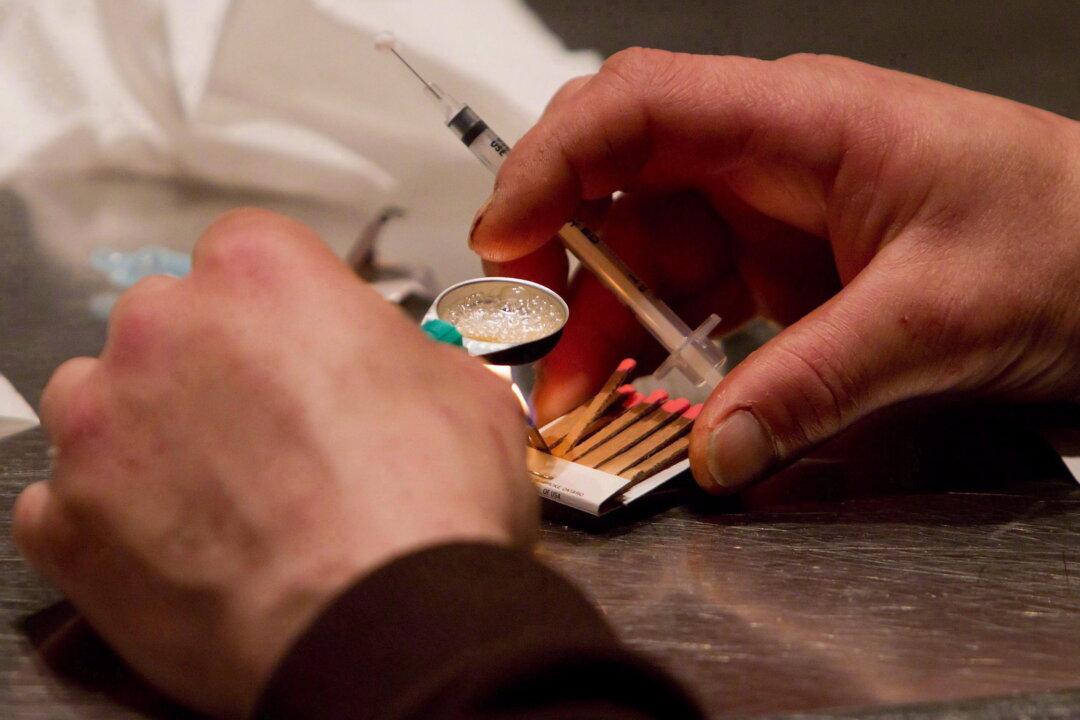B.C. Conservative MP Todd Doherty tabled a motion asking the health committee to call for an immediate end to the government’s “safe supply” drug funding, sharing that addiction personally affected his own family.
“I’ve been very public and very vocal and upfront about our family’s own struggles with addictions and how I have a brother that lives on the street, that we have struggled to get him off the street,” said Mr. Doherty at a meeting of the House of Commons Standing Committee on Health on Oct. 18.





